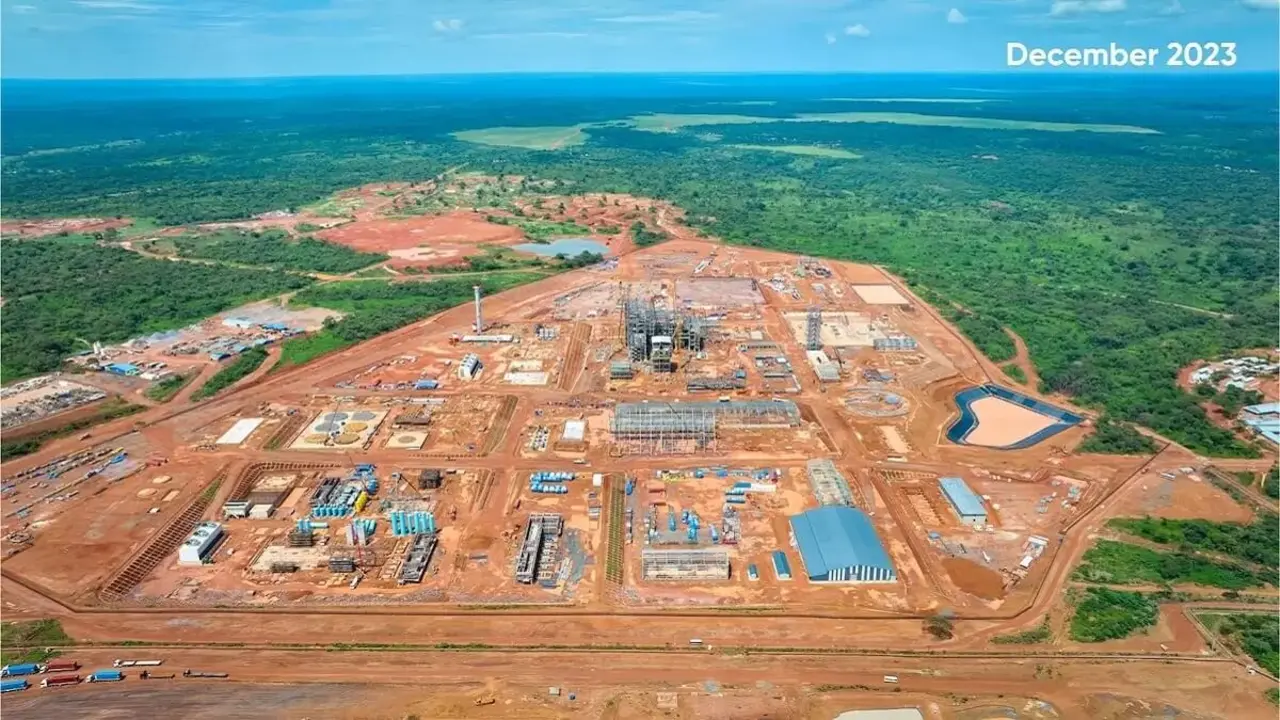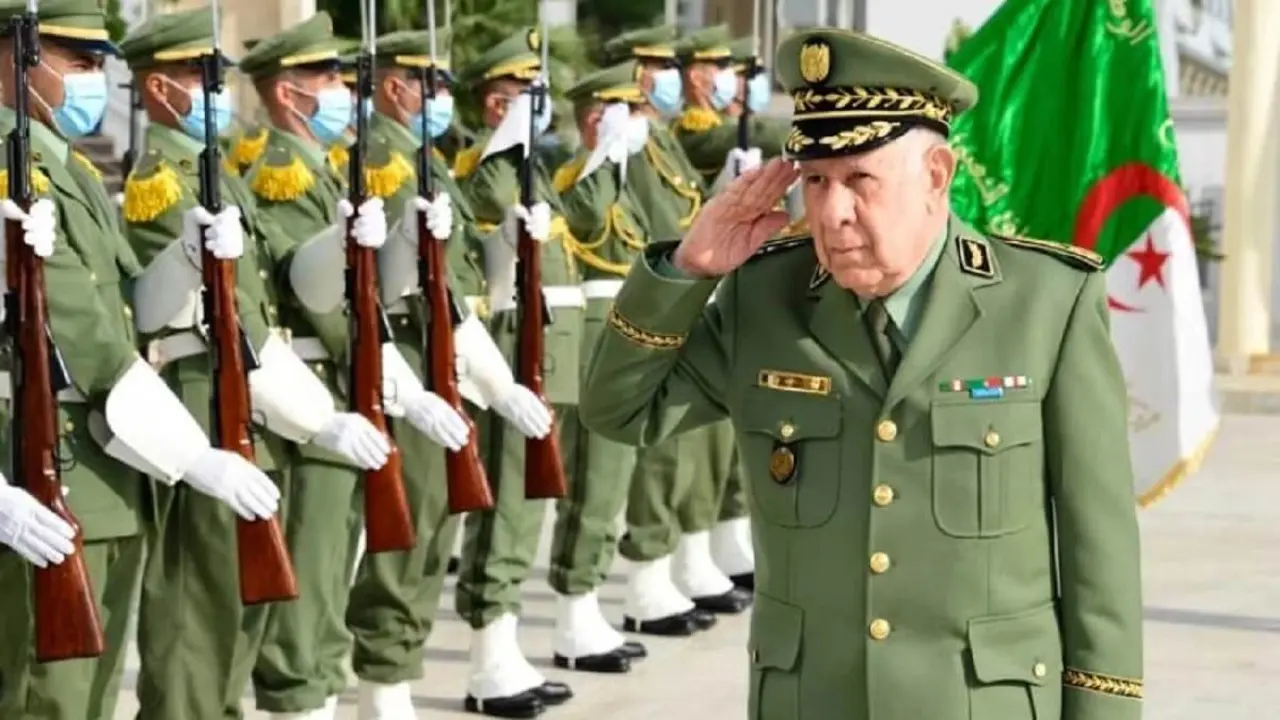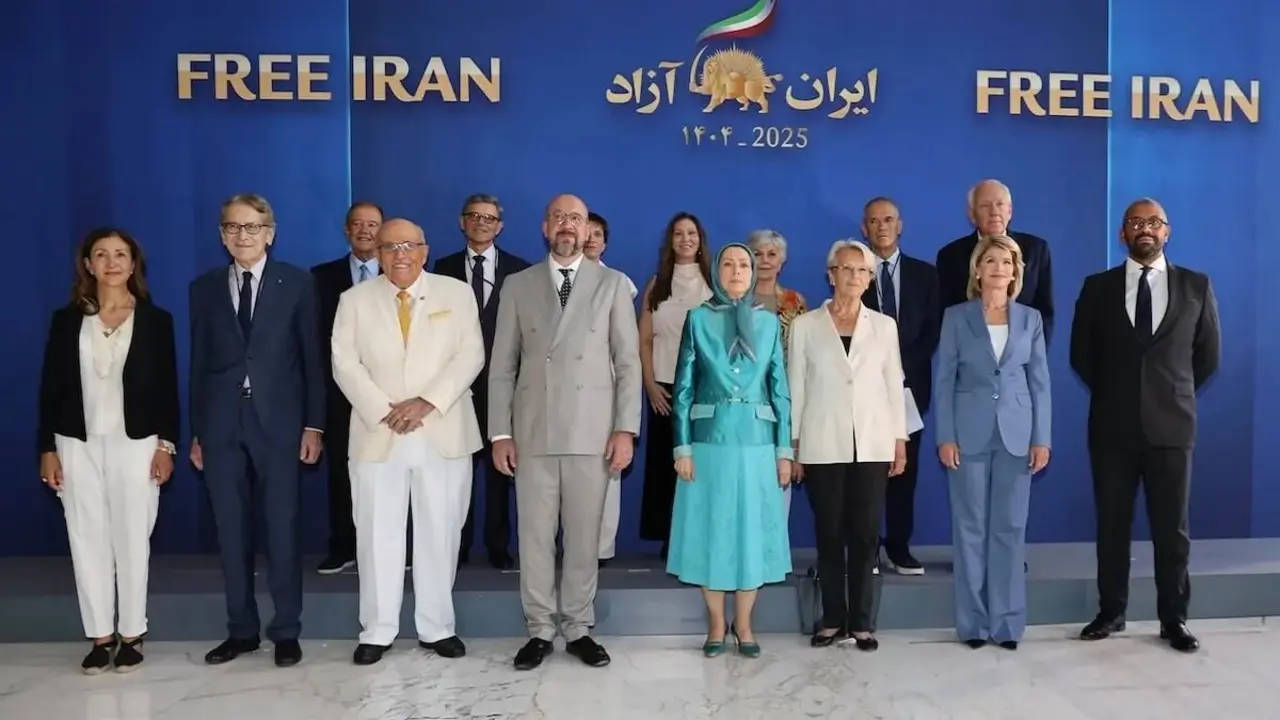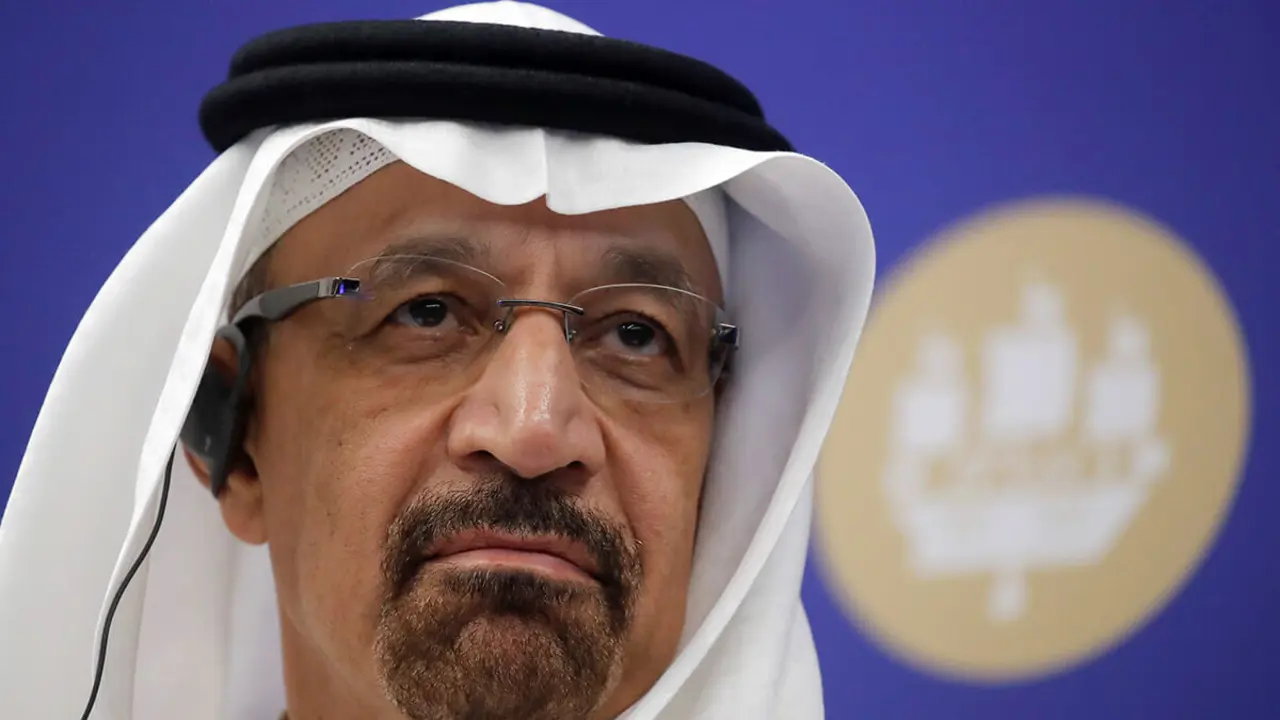The accused of the attacks in Barcelona sentenced to 53, 46 and 8 years in prison

The National High Court has sentenced the three terrorists responsible for the attacks in Barcelona and Cambrils to prison terms ranging from 8 to 53 years. Specifically, the third section of the Criminal Division has sentenced Mohamed Houli to 53 years in prison and Driss Oukabir to 46 years for membership of a terrorist organisation, manufacture of explosives and "attempted destruction in competition with 29 crimes of injury due to gross negligence". The third defendant, Said Ben Lazza, has been sentenced to 8 years in prison for collaboration in the attack, as well as absolute and special disqualification.
The Criminal Chamber has agreed to acquit Mohamed Houli and Driss Oukabir of 14 crimes of attempted homicide of a terrorist nature along with 34 crimes of injury of the same nature, as well as five crimes of recklessness, a crime for which they were also accused.
This final decision has been announced after a long judicial trajectory in which the first trial took place in November 2020 and lasted for 32 sessions until February 2021. In the first court session, Mohamed Houli, carried out a strategy defined by taking advantage of his right not to testify, although he showed his repentance and insisted on wanting to collaborate with justice. On the other hand, the other two accused limited themselves to holding conversations with their lawyers, distancing themselves from what would be the prosecution's accusatory thesis.

The resolution has a total of 1,108 pages and there is a possibility of appeal. It also indicates that the effective prison sentence for both Houli and Oukabir will not exceed 20 years.
The sentence has dedicated a part of it to the victims of the attack, recalling that they are "the great forgotten ones". According to the sentence issued, "an attempt has been made to alleviate this by recognising their legal standing to appear and bring criminal and civil actions, thus at least granting them their right to the truth and the right to be considered as victims of terrorism for all the purposes established by the law aimed at their protection".
The ruling emphasises that "the victims deserve recognition of this status, which entails, in addition to financial compensation through administrative channels, the even more essential right to historical memory". Likewise, the Court reproached the examining magistrate for not having been "systematic" in the processing of the file that was opened for the report of the dead and injured, which would have prevented "the true number of people injured in the different scenarios from being known, as well as determining the extent of the damages suffered".








